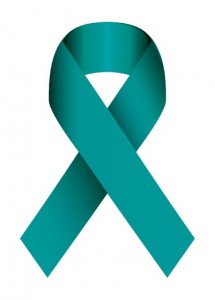
We all know about the man in the dark alley at night. We’ve heard all about him since we were little. Heard about his hunger, his violence, his hands. He’s always a man. He’s always in an alley. It’s always at night.
Wake up.
Among female college students, nine out of ten rape and sexual assault survivors say they knew their attacker.
That “man in the dark alley” is the guy we worked with on a group project last semester. That man is the upperclassman we’re in a club with who we thought we could trust. That man is the suitemate, the adviser, the neighbor, the friend and, yes, sometimes it’s also the man in the dark alley at night.
This is a small campus, guys. We all know everyone by just a few degrees of separation, if that.
But if we’re all so familiar with each other, then why do I feel the need to run from my car to my house when I get back from the library late at night? Why don’t I feel safe going to parties at certain fraternities by myself? Why do I always feel like I’m one moment away from becoming a statistic?
This is not the life I want for myself, or for my little sister, or my friends, or anyone. Ever.
We need to start recognizing that people who have been sexually assaulted at OWU walk among us, and so do their attackers. Chances are they even knew each other beforehand and still run into each other sometimes.
We focus on the man in the dark alley because it’s an easier image to swallow. We think if we can just avoid strangers and alleys we’ll be safe, that no one who knows us would ever want to hurt us like that. This is a lie we choose to spread, and we need to stop.
But then, where exactly does the truth leave us? Are we supposed to live in constant fear of everyone we know? Never leave our rooms, just in case? No.
Instead, we should quit projecting our own perceptions of sexual assault onto survivors and stop perpetuating harmful misconceptions. Rape culture exists, and we’re part of it, but we can choose not to be.
If you have been assaulted and need help and support, call the National Sexual Assault Telephone Hotline at 800.656.HOPE (4673) to be connected with a trained staff member from a sexual assault service provider in your area.
